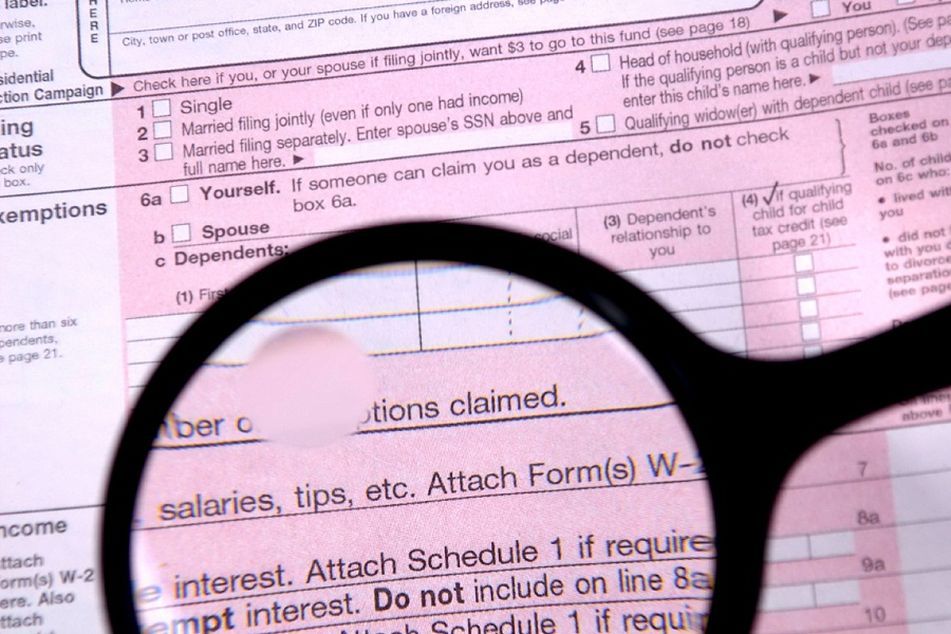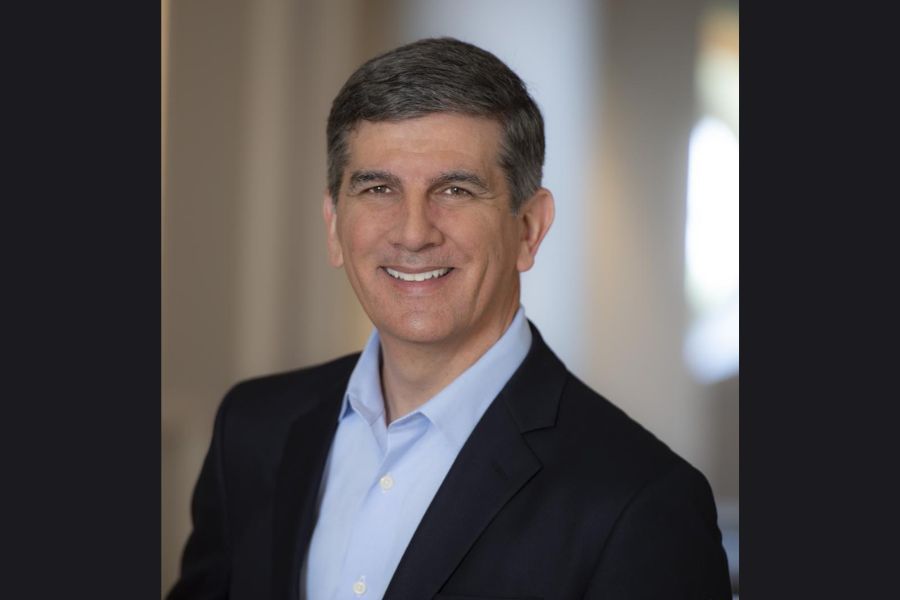Supreme Court rules Maryland double-tax structure is unconstitutional

Accountants prepare clients to refile income tax returns for refund of county taxes.
High-net worth clients in Maryland are preparing to file amended tax returns following a Supreme Court decision that found the Old Line State subjected residents to double taxes.
On Monday, the Supreme Court arrived at a decision on Comptroller of the Treasury of Maryland v. Brian Wynne, voting 5-4 to uphold a state appeals court decision that found in favor of Mr. Wynne and that Maryland’s tax scheme, which assesses state and county levies on income, is unconstitutional.
The Washington Post estimates that about 55,000 taxpayers in Maryland would be affected by the decision.
Those who attempted to claim the credit on their county income tax returns from 2006 to 2014 may also be eligible for refunds, totaling an estimated $200 million with interest, according to the newspaper.
CASE DETAILS
The case dates to 2006 when Mr. Wynne, a resident of Howard County, Md., owned stock in Maxim Healthcare Services Inc., an S-corporation that did business in 39 states and filed state income tax returns in each of those jurisdictions.
Mr. Wynne and his wife earned income that was passed through to them from the company, and on their 2006 tax return, they claimed an income tax credit for income taxes paid to other states.
Generally, residents who pay income taxes to another state for income earned there are permitted a credit against Maryland’s state tax, but not against the county tax. As a result, the state comptroller denied the Wynnes’ claim and assessed a tax deficiency, according to the court. Maryland also permitted a credit against the couple’s state income taxes, but would not grant a credit against their county income taxes.
Other jurisdictions with similar tax structures include New York, where residents who pay taxes in other states can claim credit against their state income taxes, according to Bloomberg. However, those residents can’t claim that credit against the municipal income taxes levied in New York City and Yonkers.
The disagreement kicked off a legal battle between the state of Maryland and the Wynnes. According to the Supreme Court’s findings, the Hearings and Appeals Section of the Comptroller’s office modified the assessment slightly, but affirmed the decision to grant a credit for state taxes and not county taxes. The Maryland Tax Court also affirmed the decision. The Circuit Court for Howard County, however, reversed the decision on the basis that the state’s tax system violated the Commerce Clause.
The Court of Appeals of Maryland also affirmed the decision by the court in Howard County, finding that the county tax created the risk of multiple taxation, and it taxed interstate commerce at a rate that’s higher than intrastate commerce. That court found the state’s tax structure to be unconstitutional because it denied the Wynnes a credit against the county levy for the income taxes they paid in other states.
While the Supreme Court stood by that decision, the question remains: What does this mean for advisers in Maryland?
FILING AMENDED RETURNS
For many accountants and advisers in Maryland, the decision means that the push to file an amended return is underway.
Lyle Benson, founder of Baltimore-based L.K. Benson & Co. and CPA and personal financial specialist, said plenty of his high-net worth and high income clients are affected by the decision.
“They have interests in multiple states,” he said. “They can be working in more than one state or have a partnership that generates income from multiple states. A number of them have real estate outside of Maryland.”
At the moment, the firm is readying a list of affected clients.
State income taxes in Maryland are as high as 5.75%, but adding county income taxes, which are capped at 3.2%, brings the total levy close to 9%.
(Go here for a breakdown of state-level income taxes from the Tax Foundation.)
“We’ve stressed for those with multiple state interests that the state income tax can be a huge piece of the puzzle,” Mr. Benson said, noting that his firm is preparing to reach out to clients. “Maryland is getting up there to be one of the highest state taxes. We’re just trying to sort out the process and what it will be.”
Learn more about reprints and licensing for this article.






